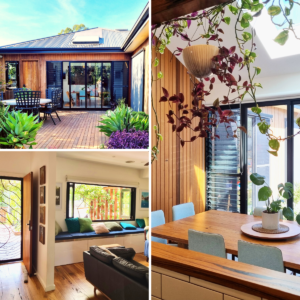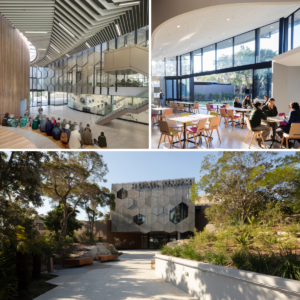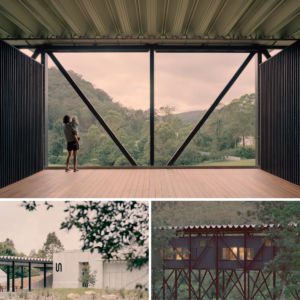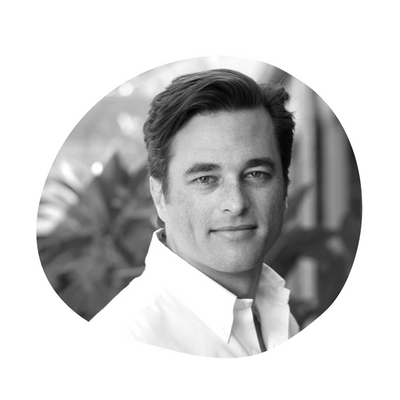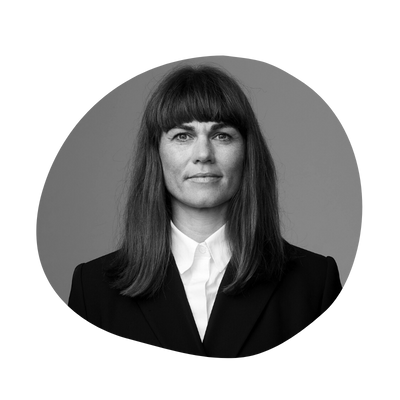Wayne Sanderson is Regional Director | Australia & New Zealand, based out of the Melbourne office. His remit includes overall responsibility for the region’s design and operational direction, assuming general responsibilities including design direction, leadership, management and strategy for our Perth, Brisbane, Sydney, Melbourne and Auckland offices.
Bringing a wealth of experience, as a registered architect in Victoria (Australia) with more than 25 years’ experience, Wayne’s reputation is based on his specialisation in large-scale, transformative projects. Wayne’s architectural career has centred on façade design, involving complex geometries and progressive thinking. With experience in Australia, Europe, Russia, the Middle East and China, his design-led approach influences each aspect of a project’s development.
He has a specific interest in materials technology, emerging prototyping techniques and the future opportunities for integrating materials sourced from non-building specific industries into building cladding systems.
Wayne’s passion is to provide quality façade solutions that influence the future built environment. Having led some of the regions most celebrated architecture practices in producing ground-breaking architectural icons, his passion for façades and strong commercial acumen are a natural synergy with Inhabit’s progressive approach to the facade industry.


